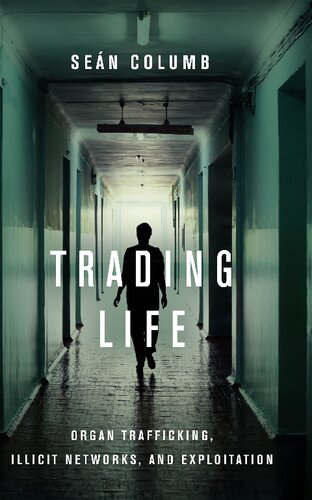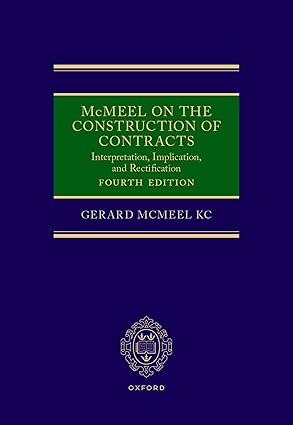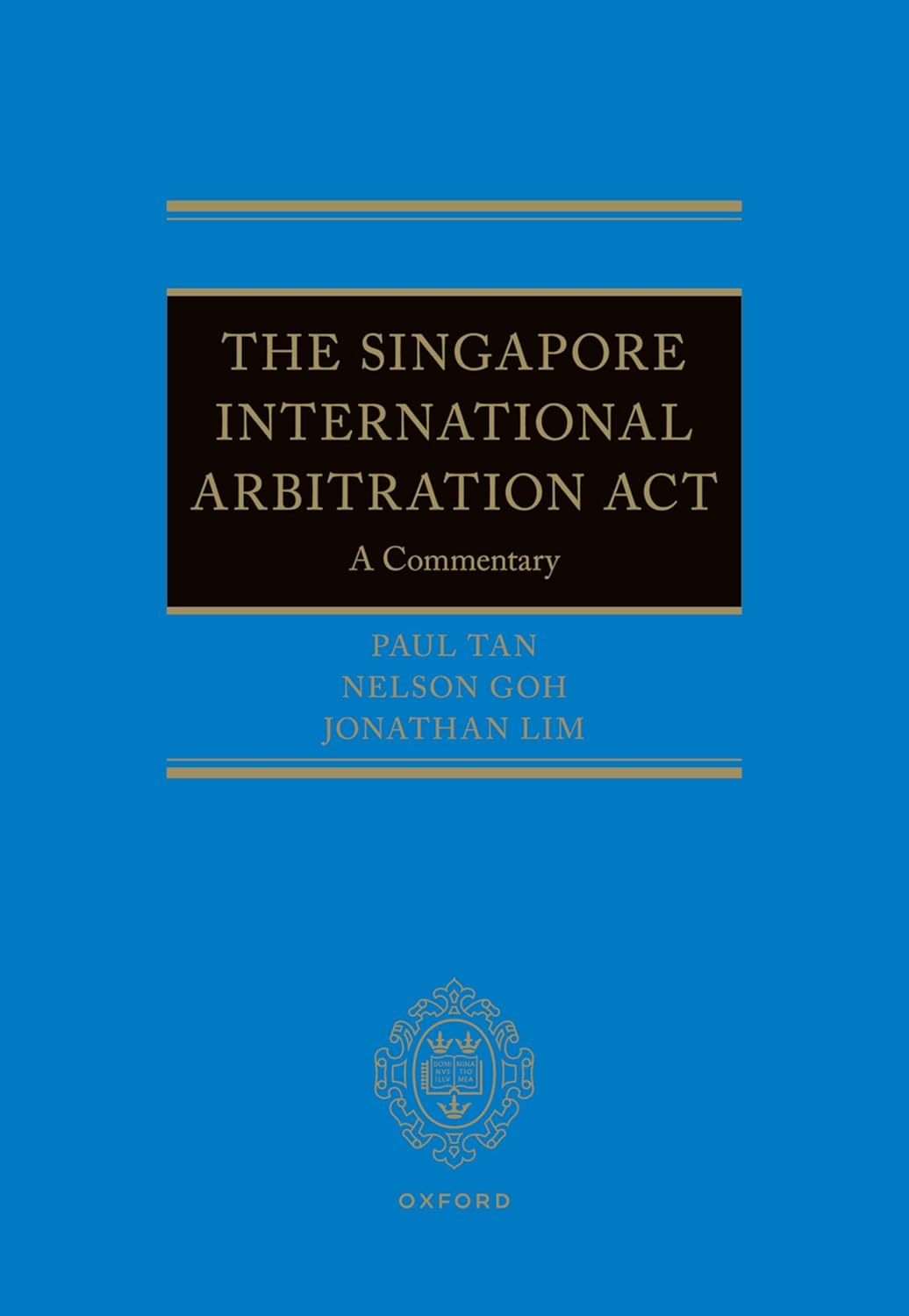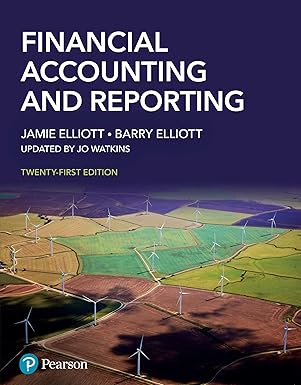دانلود کتاب Trading Life: Organ Trafficking, Illicit Networks, and Exploitation - Original PDF
Author:
Seán Columb
0 (0)
توضیحات کتاب :
This groundbreaking book investigates the emergence and evolution of the organ trade across North Africa and Europe. Seán Columb illuminates the voices and perspectives of organ sellers and brokers to demonstrate how crime and immigration controls produce circumstances where the business of selling organs has become a feature of economic survival. Drawing on the experiences of African migrants, Trading Life brings together five years of fieldwork charting the development of the organ trade from an informal economic activity into a structured criminal network operating within and between Egypt, Libya, Sudan, Eritrea, and Europe. Ground-level analysis provides new insight into the operation of organ trading networks and the impact of current legal and policy measures in response to the organ trade. Columb reveals how investing financial and administrative resources into law enforcement and border securitization at the expense of social services has led to the convergence of illicit smuggling and organ trading networks and the development of organized crime. Trading Life delivers a powerful and grounded analysis of how economic pressures and the demands of survival force people into exploitative arrangements, like selling a kidney, that they would otherwise avoid. This fascinating and accessible book is a must-read for anyone interested in migration, organized crime, and exploitation.
سرچ در وردکت | سرچ در گودریدز | سرچ در اب بوکز | سرچ در آمازون | سرچ در گوگل بوک
1,067 بازدید 0 خرید










